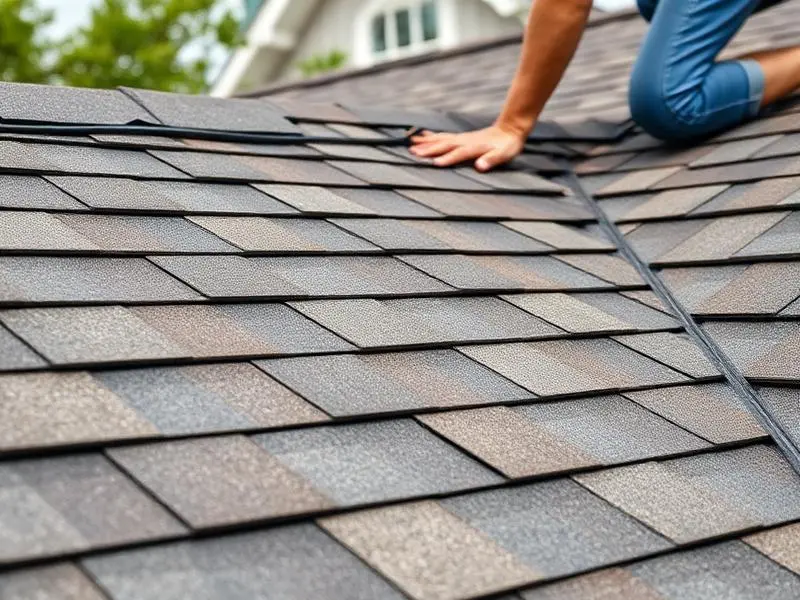Quality Materials
We use products designed to seal, waterproof, and weatherproof your structure effectively.
Timely Service
Efficient project completion with minimal disruption to your daily routine.
Professional Work
Experienced contractors dedicated to quality installation and customer satisfaction.
Our Roofing Services
Specialized in new installations and complete roof replacements for residential properties

New Roof Installation
Complete installation of quality roofing systems designed to protect your home for years to come.

Roof Replacement
Full roof replacement services using durable materials that seal and weatherproof your structure.

Professional Consultation
Expert guidance on selecting the right roofing solution for your property and budget.
Frequently Asked Questions
Find answers to common questions about our roofing services
Professional roof installation and full roof replacement, roof repairs and patching, storm and hail damage assessment, roof inspections, flashing and gutter replacement, and flat-roof system work (TPO/EPDM).
Look for widespread missing or curling shingles, repeated leaks, sagging roof decking, heavy granule loss in gutters, or a roof older than its expected lifespan; when multiple issues exist a full replacement is often recommended after a professional inspection.
Most asphalt shingle reroofs on an average single-family home take 1–3 days; larger, steep, or complex roofs and projects requiring decking replacement or permits can take several days to a week.
Yes — professional installers carry the proper state or local licenses where required, general liability insurance, and workers’ compensation; always ask to see current proof of insurance and licensing before work begins.
Many providers on this platform offer free, no-obligation roof inspections and written estimates; the inspection should document roof condition, recommended scope of work, and any necessary repairs.
Common options include asphalt shingles (3‑tab and architectural), metal, tile, slate, wood shake, and single‑ply membranes for low‑slope roofs; material choice depends on budget, local climate, roof slope, and desired lifespan — a professional can recommend the best fit.
There are two types of warranties: manufacturer warranties that cover materials (ranges vary by product) and workmanship warranties from the installer that cover installation defects for a defined period; get both warranty terms in writing.
Clear vehicles from the driveway, remove outdoor furniture and wall hangings near eaves, secure or move potted plants, keep pets and children indoors during work, and notify neighbors if access or temporary noise is expected.
Many roofing teams assist with documenting damage, taking photos, and preparing repair estimates to submit to your insurer, but you should report the claim to your insurance company first and confirm whether the roofer will coordinate directly with your adjuster.
Professional crews follow safety protocols including fall protection and secure scaffolding, protect walkways and landscaping during work, perform magnetic sweep and debris removal daily, and complete a final cleanup and inspection before final payment.